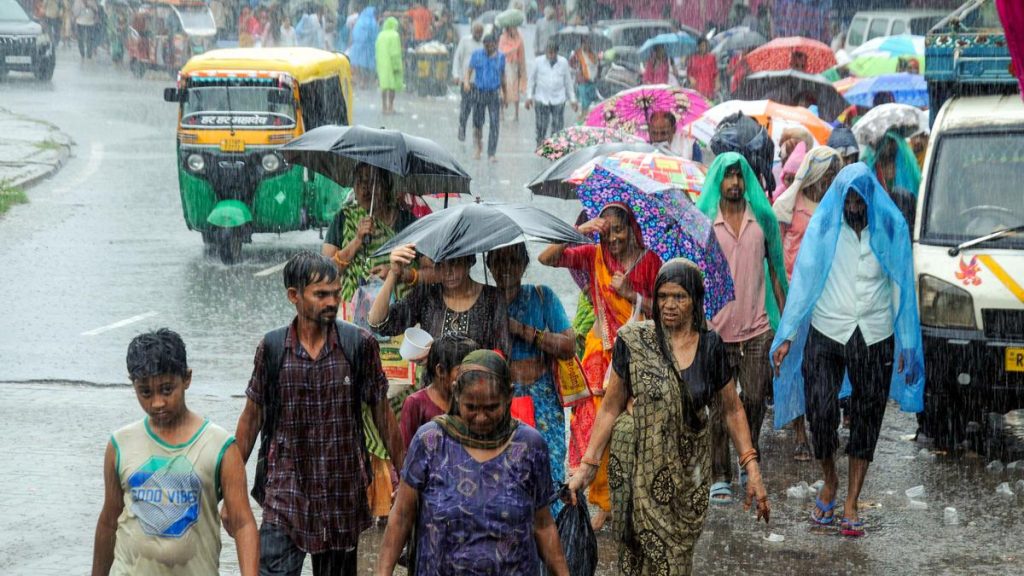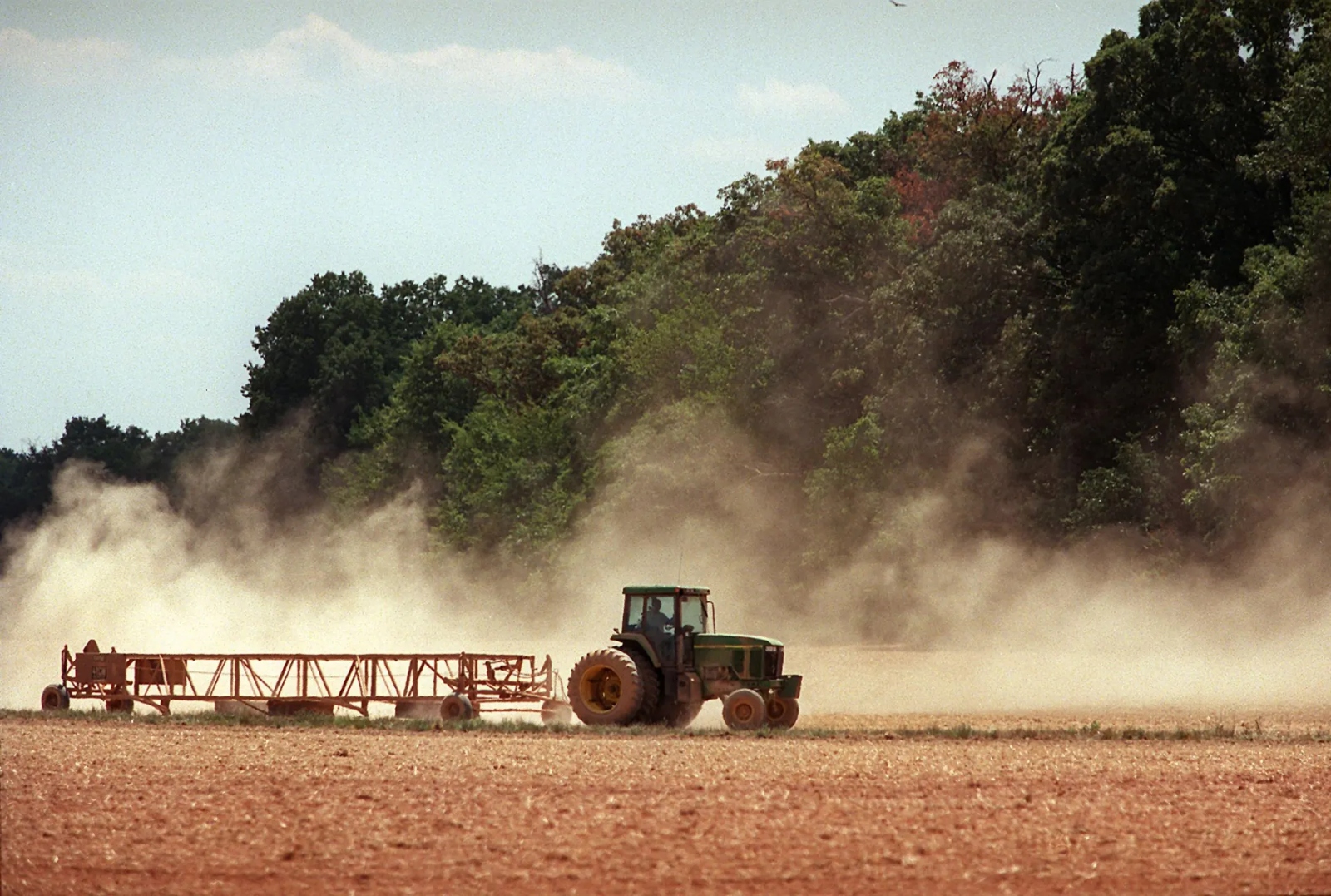Now Reading: Trump Administration’s Forest Road Strategy for Wildfire Prevention Faces Scientific Pushback
-
01
Trump Administration’s Forest Road Strategy for Wildfire Prevention Faces Scientific Pushback
Trump Administration’s Forest Road Strategy for Wildfire Prevention Faces Scientific Pushback

Quick Summary:
- The Trump management plans to rescind the 2001 Roadless Area Conservation Policy (Roadless Rule), which limits road-building, logging, and mining across 58 million acres of U.S. national forests.
- Officials claim the policy is outdated and increases wildfire risk by limiting access for forest management and firefighting.
- Experts dispute these claims, citing studies that show wildfires mostly start on private lands with higher road densities rather than in remote areas covered by the Roadless Rule.
- Research suggests roads increase human-caused fires but facilitate fire suppression efforts; this dynamic poses unresolved questions about overall wildfire mitigation outcomes.
- Critics argue rescinding enables timber extraction rather than improving fire prevention.USDA Secretary Rollins has directed a 25% increase in timber production since April, aligning with a Trump executive order promoting domestic timber output.
- Building new roads under rescinded protections faces barriers like environmental compliance (Endangered Species Act, Clean Water Act) and logistical challenges due to steep terrain or lack of funding for maintenance of existing roads.
indian Opinion Analysis:
The proposed repeal of the Roadless Rule primarily highlights tensions between economic development goals – such as increased timber production – and environmental protection policies. While reducing wildfire risks is integral to preserving forests and surrounding communities, expert opinions cast doubt on the efficacy of increased road construction as a solution given insufficient personnel funding for forest management tasks already accessible via current infrastructure.
For India, where deforestation often intersects with concerns around climate change resilience and ecological preservation versus broader industrialization needs (e.g., mining or agricultural expansion), this policy debate may serve as a cautionary lens regarding balancing long-term sustainability against short-term economic dependencies. India’s efforts towards afforestation programs face similar challenges around prioritizing holistic forest health over exploitative land use practices.While not directly linked geographically or institutionally to India’s forestry governance models, parallels emerge regarding shared pressures from population-driven land-use intensification alongside climate-change-induced crises requiring enhanced disaster mitigation frameworks.Read More
























